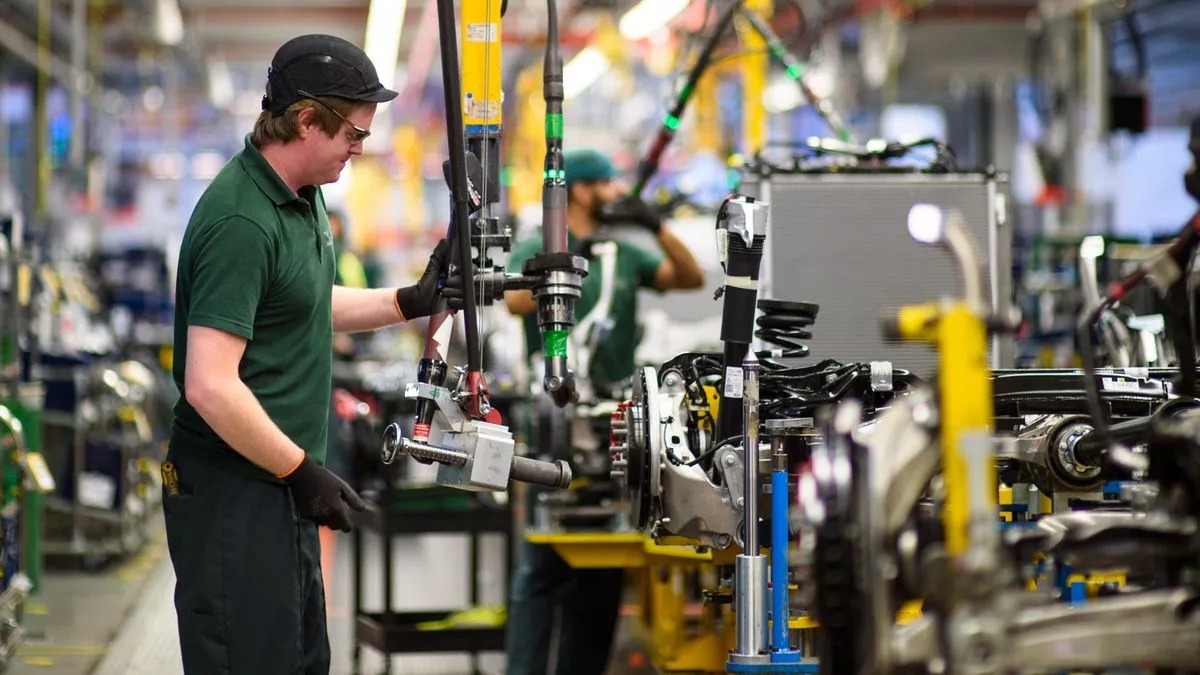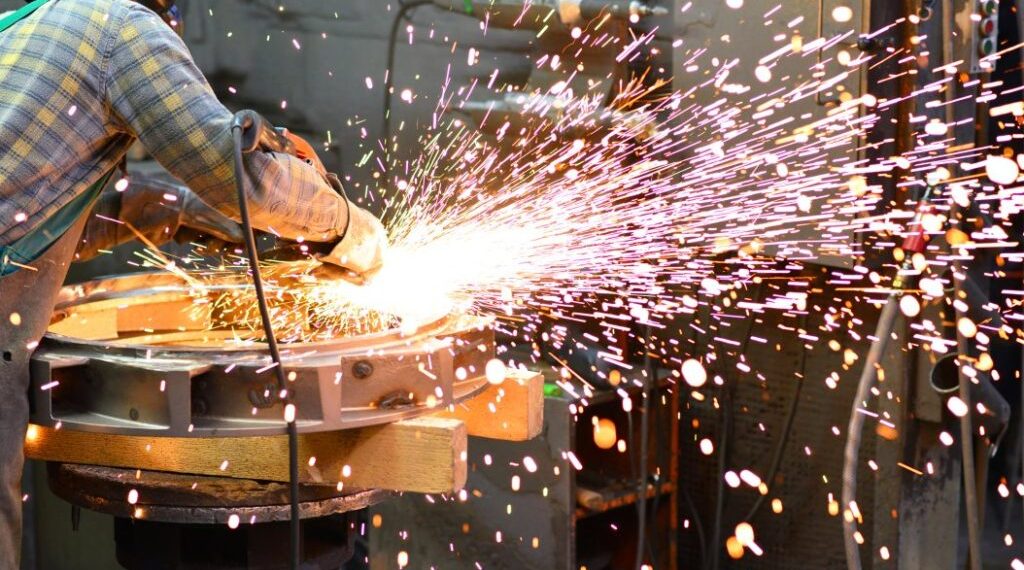In February, British manufacturers experienced another month of declining output, coupled with the fastest rate of workforce reduction since the onset of the COVID-19 pandemic, as revealed by a survey released on Friday.
Although the S&P Global/CIPS UK Manufacturing Purchasing Managers’ Index (PMI) showed a slight improvement last month, rising to 47.5 from January’s 47.0 (which was revised from a preliminary reading of 47.1), it has remained below the crucial 50 threshold for growth since August 2022.

Despite the uptick, the survey’s output gauge still indicated a continuous downturn for the 12th consecutive month.
This persistent weakness in British manufacturing, similar to trends observed in other major European economies like Germany, contrasts sharply with the more robust recovery seen in the services sector. Most recent business surveys have suggested a more positive outlook for companies entering 2024.
However, factors such as high inflation and reduced consumer spending power are expected to constrain economic growth, presenting a challenging environment for Finance Minister Jeremy Hunt as he prepares for the annual budget announcement on Wednesday.

The employment index of the manufacturing PMI plummeted to its lowest level since June 2020, with the exclusion of pandemic-related impacts, marking the worst reading since June 2009 during the aftermath of the global financial crisis.
Input costs and selling prices showed modest growth in February, with the latter reaching a five-month high, a development that could raise concerns among some Bank of England officials monitoring inflationary pressures closely.





